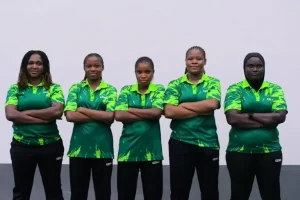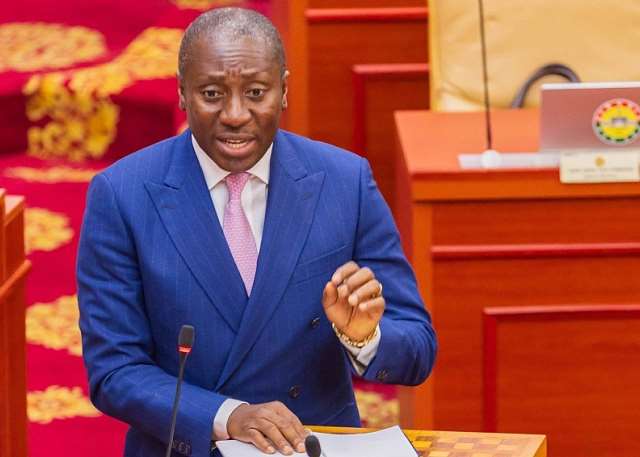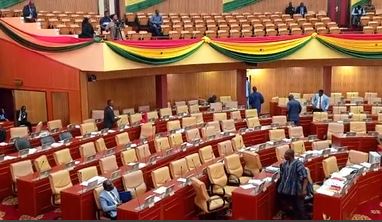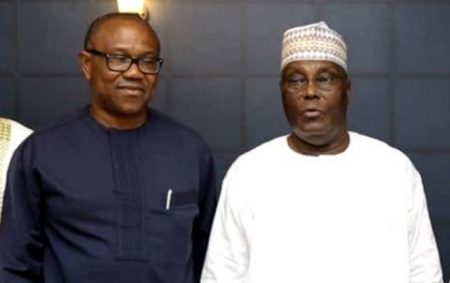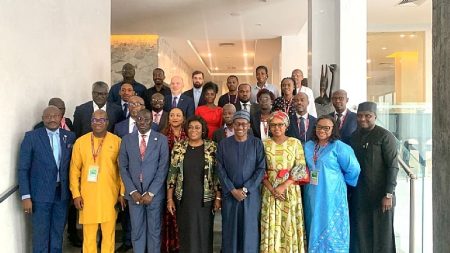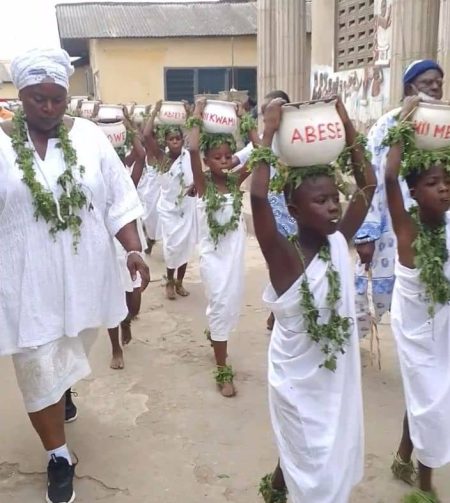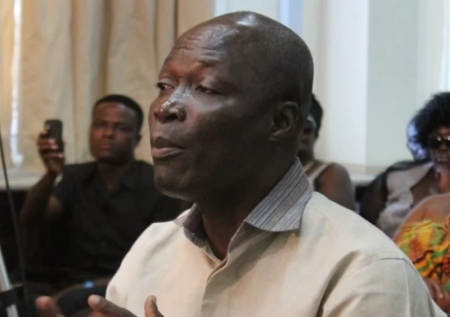The Ghanaian Parliament is embroiled in a contentious debate surrounding the reintroduction of the Human Sexual Rights and Family Values Bill, a piece of legislation aimed at criminalizing LGBTQ+ activities in the country. The Minority caucus has accused the ruling government of deliberately stalling the bill’s reintroduction, contrasting their current inaction with their fervent support for the legislation while in opposition. During their time as the minority party, the current ruling party leveraged the bill as a key campaign promise, assuring the public of their commitment to upholding traditional family values and enacting the legislation. However, since assuming power and securing a majority in Parliament, the government has remained noticeably silent on the issue, leading to accusations of deliberate delay and broken promises. This perceived backtracking has fueled public frustration and suspicion, with critics questioning the government’s sincerity and commitment to its previously stated priorities.
The Minority Leader, Alexander Afenyo-Markin, voiced his disappointment and concern on the Parliament floor, highlighting the government’s stark shift in stance. He recalled the ruling party’s previous emphatic pronouncements on the bill’s importance, emphasizing their use of the legislation as a major campaign tool to garner public support. He contrasted this with their current silence and inaction, now that they possess both the legislative majority and the executive power to push the bill forward. Afenyo-Markin questioned the government’s motives, suggesting a calculated decision to abandon a previously championed cause, leaving many to wonder about the underlying reasons for this apparent change of heart. The Minority’s frustration underscores the perceived betrayal of public trust and the government’s failure to deliver on a key promise that resonated with a significant portion of the electorate.
The delay in reintroducing the bill has raised concerns among its proponents, who fear it may be quietly shelved indefinitely. The bill, which sparked significant debate and public interest during its initial introduction in the 8th Parliament, has yet to reappear in the current legislative session. This absence has fueled speculation about the government’s true intentions, leading to accusations of political maneuvering and a disregard for the will of the people. The Minority’s public condemnation of the government’s inaction aims to pressure the ruling party to address the issue and clarify their position on the bill. They argue that the government’s silence is not only a breach of trust but also emboldens what they consider “unacceptable public expression” of LGBTQ+ identities and activities.
This controversy highlights the complexities and sensitivities surrounding LGBTQ+ rights in Ghana, reflecting a broader societal struggle between traditional values and evolving social norms. The government’s apparent hesitation to reintroduce the bill may be attributed to a variety of factors, including potential international pressure, concerns about human rights implications, and internal divisions within the ruling party itself. Navigating these conflicting pressures presents a significant challenge for the government, which must balance its domestic political considerations with its international obligations and commitment to human rights principles. The ongoing debate underscores the precarious position of LGBTQ+ individuals in Ghana, who face increasing stigmatization and discrimination amidst the political wrangling surrounding the bill.
The government’s silence on the matter has created a vacuum filled with speculation and uncertainty, further exacerbating tensions surrounding LGBTQ+ rights in the country. The lack of clear communication from the government has allowed narratives of betrayal and political expediency to take root, further polarizing public opinion on the issue. The government’s failure to address the concerns raised by the Minority and the public has only deepened mistrust and fueled accusations of a hidden agenda. This lack of transparency undermines the democratic process and hinders open dialogue on a critical social issue that demands careful consideration and nuanced debate.
The future of the Human Sexual Rights and Family Values Bill remains uncertain, with its fate hanging in the balance amidst political maneuvering and societal divisions. The government’s ultimate decision on whether to reintroduce and pursue the bill will have significant implications for the LGBTQ+ community in Ghana, impacting their fundamental rights and freedoms. The ongoing debate underscores the urgent need for constructive dialogue and engagement on this complex issue, involving all stakeholders and prioritizing the well-being and human rights of all Ghanaians, regardless of their sexual orientation or gender identity. The government’s response to this controversy will be a crucial test of its commitment to human rights, democratic principles, and its ability to navigate complex social issues in a manner that fosters inclusivity and respects the dignity of all citizens.




